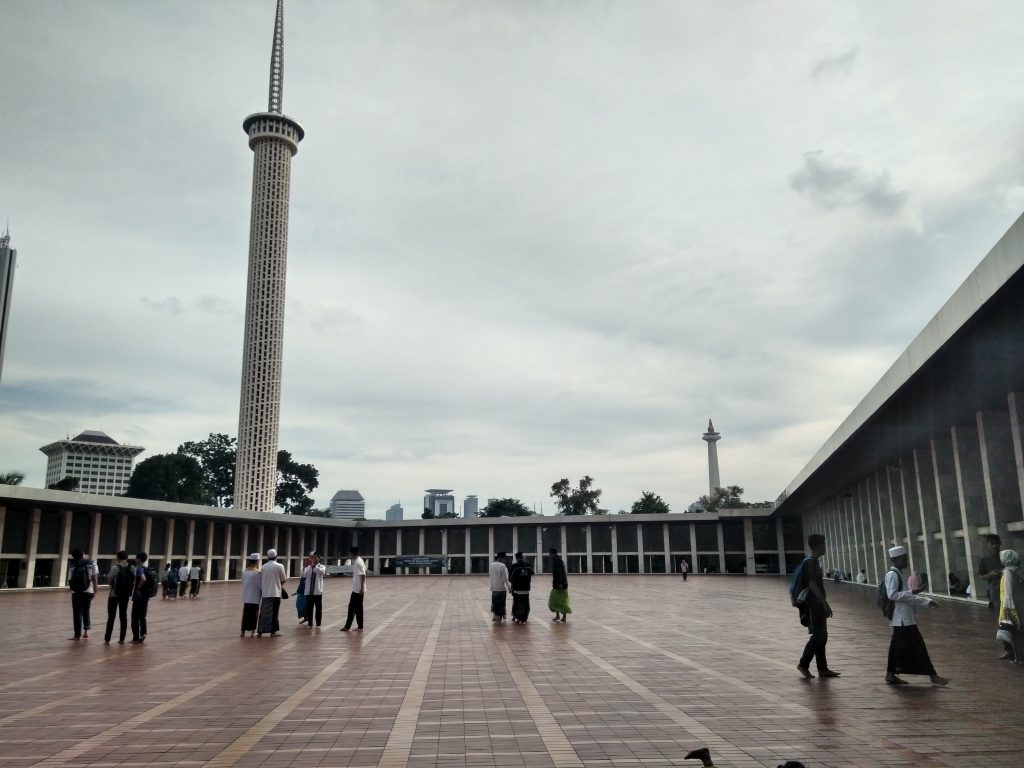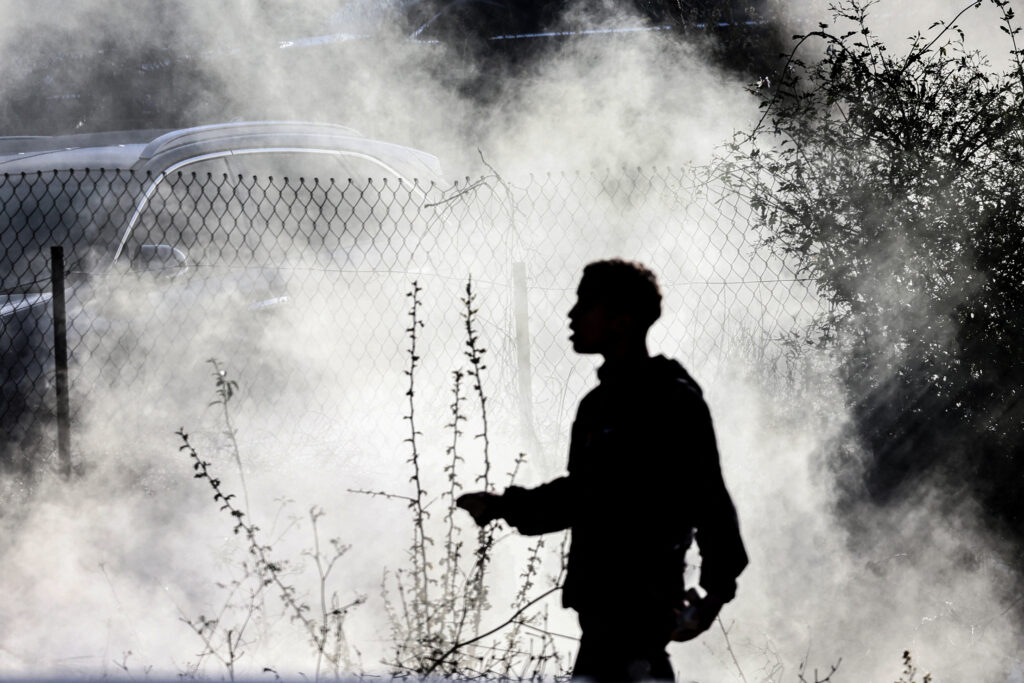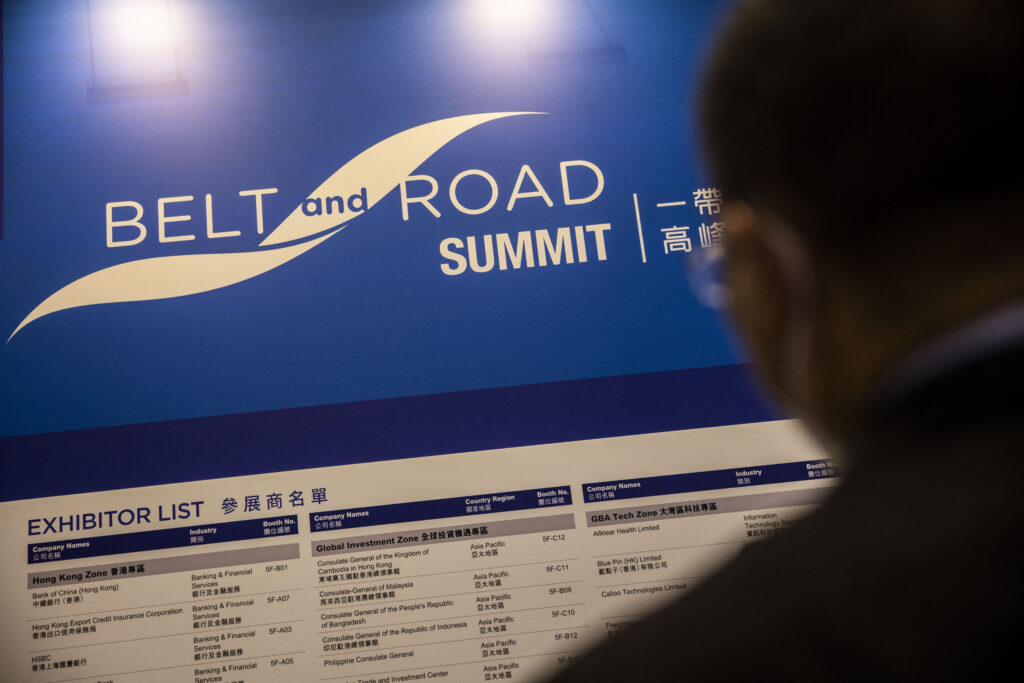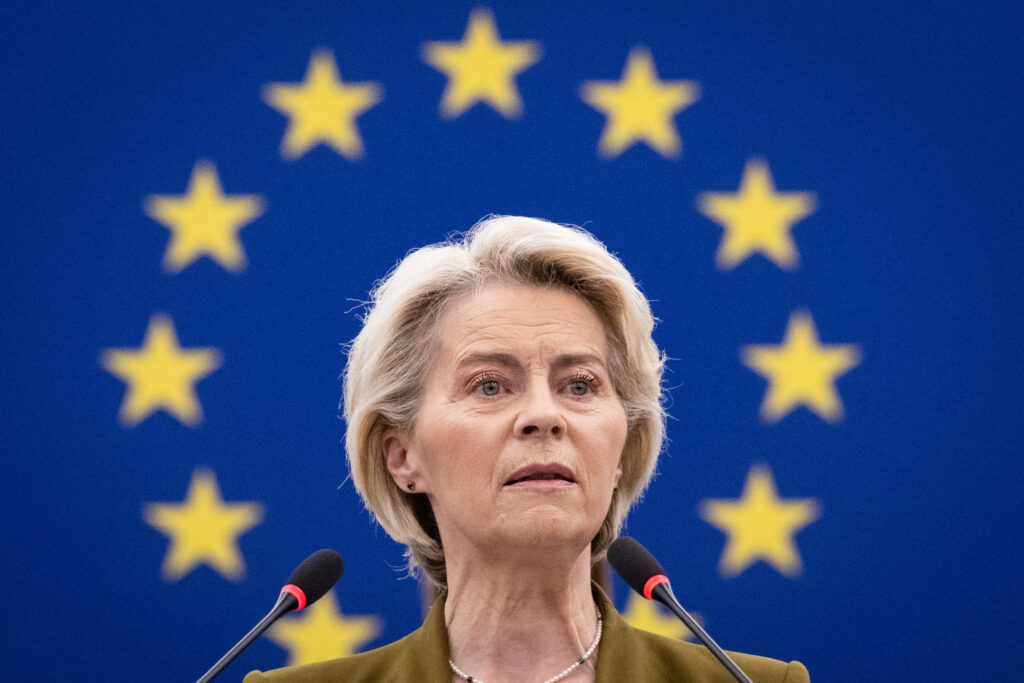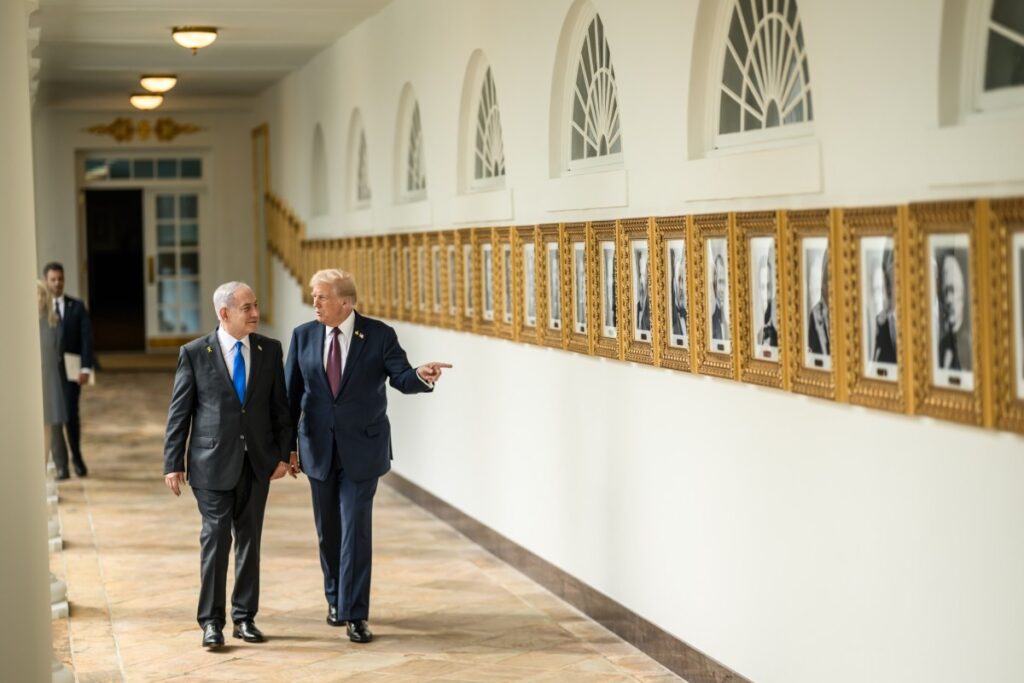By Jeremy Kingsley
One of the most important aspects of the pesantren system of school is the emphasis on the journey of students’ traditionally they wandered from one pesantren to another’ The time of the roaming santri (students of Islamic boarding schools and followers of Islamic religious leaders) across the Indonesian archipelago maybe more limited today than when compared to the historical situation that the quote above describes. The importance, however, of learning as a spiritual and physical journey remains. Becoming an Islamic scholar (alim) requires an educational journey.
Just as young scholars from across the world head to Harvard or Oxford, Islamic scholars flock from Indonesia to great teachers and educational institutions across the Middle East and North Africa. Unfortunately, in recent times this understandable movement has often been seen, at least in popular culture, as something dangerous ‘ intricately connected to the radicalization of youth (and commonly, almost without thought, linked to terrorism). Too commonly talk of Islamic education, and particularly Islamic boarding schools, is ‘laced with suspicion if not outright contempt.’ This closes one’s minds to fully interrogating these kinds of educational institutions and their outcomes.
Terrorism studies, or scholars of ‘radicalization’, although sometimes making legitimate claims, can make us tone deaf to seeing only the problems and nothing else. Without question we are confronted with the violence of terrorism and its serious consequences witnessed from New York to Bali. Rather than ignore these issues it is my contention that one needs to be careful that a major concern does not paper over real social and religious intricacies. The educational journeys of these young Indonesians are part of a rich intellectual and religious connectivity that has enriched Indonesian Muslim scholars for generations and vice versa their Arab brethren. For instance, the traditional curriculum of Indonesia’s Islamic boarding schools was developed, to large degree, as a result of Indonesian scholars learning in the Middle East and North Africa.
One simply cannot understand or study Islam and Muslim communities across Indonesia without zooming into the local. The local in this circumstance, however, is intricately connected to the global. Local Muslim communities are commonly linked through religious scholars to greater networks of knowledge and places of learning across and beyond the Indonesian archipelago. I saw this first hand while undertaking research on the eastern Indonesian island of Lombok. It is a recognized strong hold of traditionalist Muslim mass movements, such as Nahdlatul Wathan (NW) and Nahdlatul Ulama (NU). These groups are not to be trifled with ‘ NU has over 50 million members across Indonesia with 1.5 million of these people living in Lombok, which has a population of just over three million. While the two NW groups centred on Lombok have approximately 1.5 million members between them. There is essentially no jurisprudential or theological difference between NW and NU. The differences are much more about the organizational structure, leadership styles and political affiliations.
While studying at the boarding school, Pondok Pesantren Darul Falah, with TGH Mustiadi Abhar I met his nephew, Fauzan Thabrani, who had recently returned from over a decade in Java and then Yemen, studying at several prominent Islamic boarding schools. He told me that his educational journey was aimed at developing his Islamic knowledge. While in Yemen, Fauzan Thabrani studied under Shaykh Habib Umar bin Hafiz at his school, Dar al-Mustafa, in Tarim, Hadramawt. This institution is a renowned place of Sufi learning and its leadership is affiliated with Ba ‘Alawiyya Sufi order. It has hundreds of Indonesian, Malaysian, and Singaporean students and alumni. Fauzan talks of Habib Umar as his spiritual teacher.
It was not uncommon for me while undertaking fieldwork to visit local Muslim religious leaders, Tuan Guru, whom had returned from studying in the Middle East. These educational experiences have made a significant imprint on Sufi practices on Lombok. For instance, TGH Ahmad Madani received his religious education at Pondok Pesantren Darul Falah in Pagutan, which I researched, and then went on to study for four years in Saudi Arabia furthering his religious education. He was a key leader within the community surrounding Darul Falah and involved with the Qodiriyah-Naqsyibandiyah Tarekat (this is the Sufi brotherhood active within the Darul Falah community). While TGH Subkhi Sasaki lived for eight years at an Islamic boarding school in Mecca, Saudi Arabia. Sasaki, a prominent progressive religious leader and advocate of women’s rights, painted a surprising picture of his experiences in Saudi Arabia at a private institution where scholars had come from all corners of the Muslim world with backgrounds from most of the schools of Islamic jurisprudence. For Sasaki it was an enriching experience and he contrasted it with ‘puritanical’/extreme Islamic education taught in Saudi state universities. Finally TGH Bajang, the provincial governor, received his tertiary education from Cairo’s prestigious Al-Azhar University. Each one of these scholars and leaders, is connected to traditionalist (Sufi-inclined) religious groups. It was not simply that they learnt in Yemen, Saudi Arabia or Egypt but their social and religious networks gained from these experiences has fostered their high social standing and enhanced their religious legitimacy in local communities.
As an ethnographer of Muslim communities trying to understand their feelings towards, and perceptions of Islam, it is not enough to examine local practices, interpretations and modes of affiliations within the particular community that one studies. It is necessary to be cognisant of the movement of knowledge and people, tangible interconnections, between Southeast Asia and the Middle East. More importantly, we need to see these interconnections as points of fruitful intellectual and social interaction rather than bowing simply to fears of radicalization. Attention to detail, not generalizations, is necessary. It is easy, and many consultants and academics make a career of it, to be concerned or sow fear into the minds of the public about Islamic education. To a degree they are correct ‘ there is a problem in some segments of Islamic education. This begs however an important question: would we have stopped young scholars from studying at Cambridge University in the late 1950-60s even though it produced one of the most influential, and damaging, cold war spy rings? Answering this question affirmatively would, to most people, be an absurd proposition. One would suggest that careful attention should be placed on the specifics of the problem. Sowing fear over a whole community of learning simply papers over the real problems. When seeking to understand Islamic education a nuanced picture needs to be painted, and it should be recognized that for many young Muslim scholars their travels to the Middle East are for legitimate educational and spiritual reasons. They are undergoing an important religious process that often sees their traditionalist beliefs enhanced and helps them maintain strong and authentic chains of religious lineage and teaching. If we stigmatize or inhibit these rich learning practices it is only the radicals who benefit.
Jeremy Kingsley is a legal scholar and anthropologist. He is a lawyer who blends anthropology into his scholarship, thus bringing an interdisciplinary approach to his work. He received his BA and LLB from Deakin University and his LLM and PhD degrees in Law from the University of Melbourne. His research has focused primarily upon religious and political authority in Indonesia and how this affects local governance. He is now looking at similar notions of authority in the context of the interconnections between Southeast Asia and the Middle East. He has completed a two-year Postdoctoral Research Fellowship at the Asia Research Institute at NUS, as well as having lectured at Tembusu College. Jeremy has undertaken extensive field research on the eastern Indonesian island of Lombok. His work has been published in academic and public affairs journals. At MEI, he is undertaking a research project on ‘Interpreting Justice’Islam, Law and Politics in Southeast Asia and the Middle East.’

